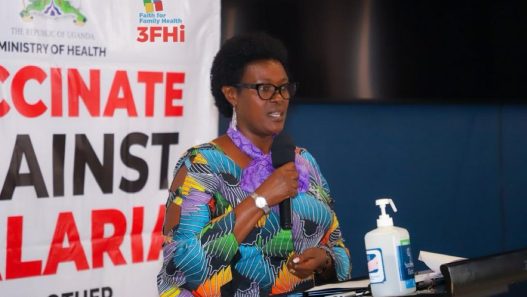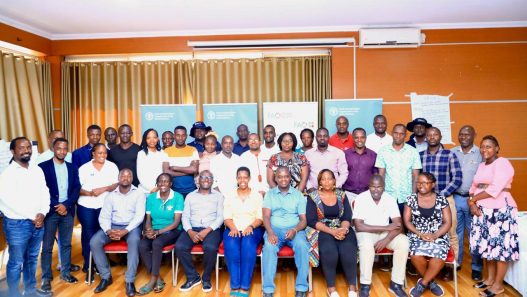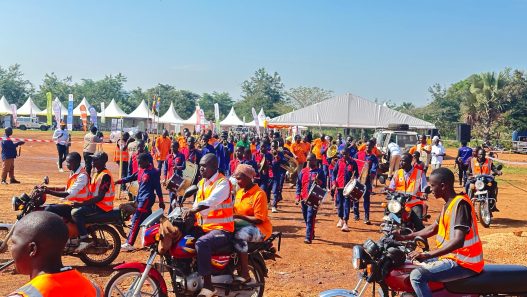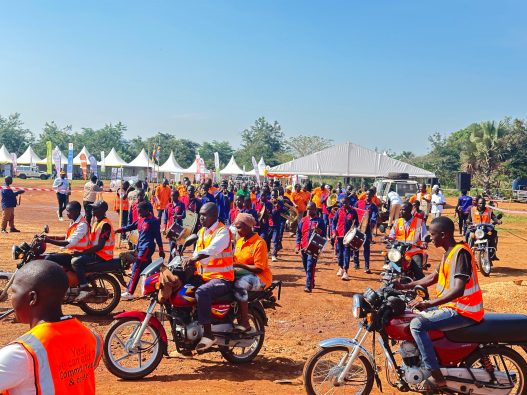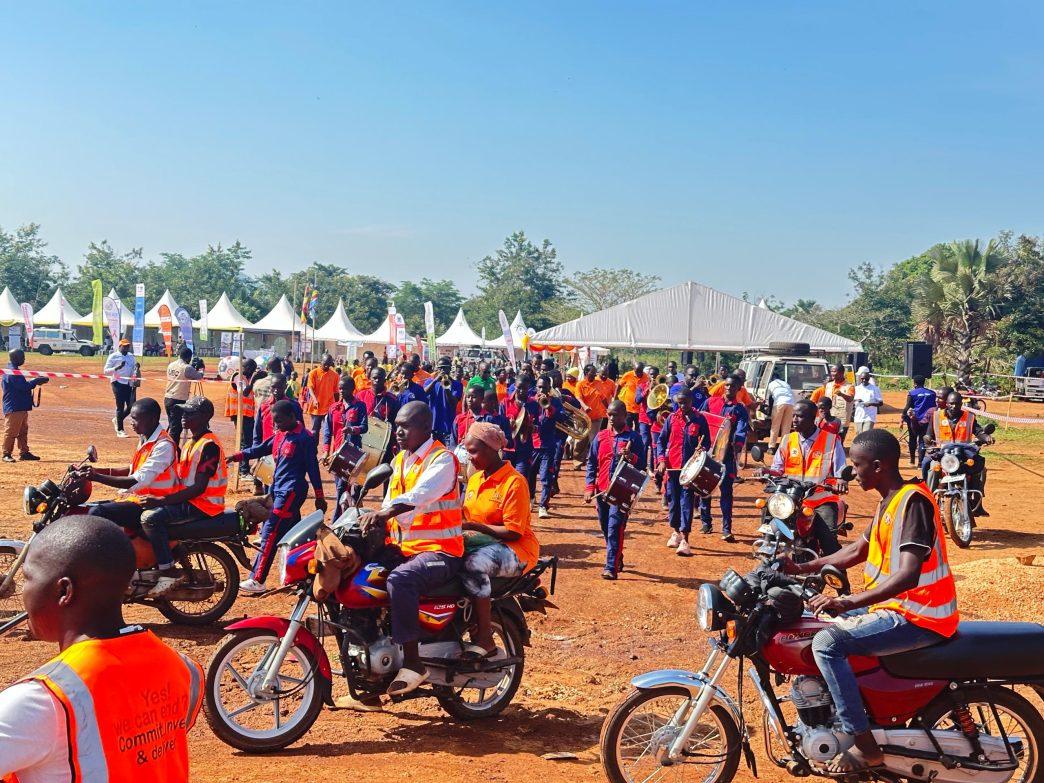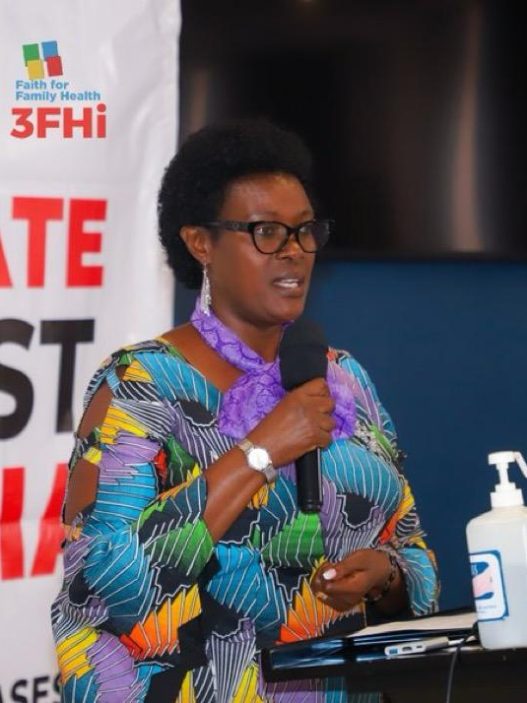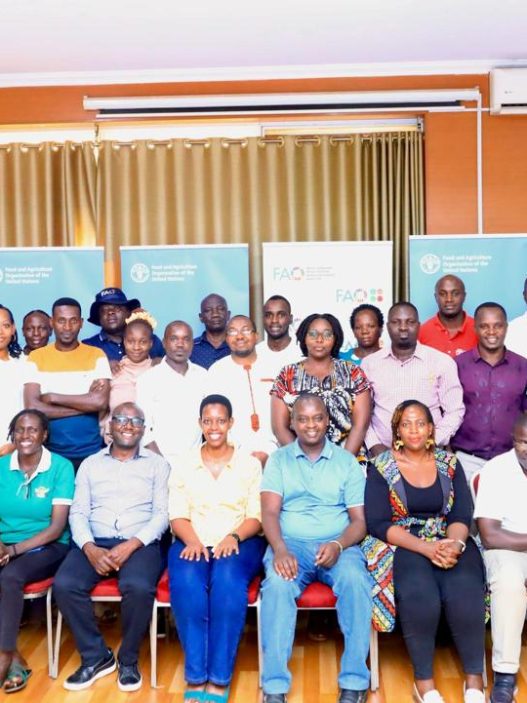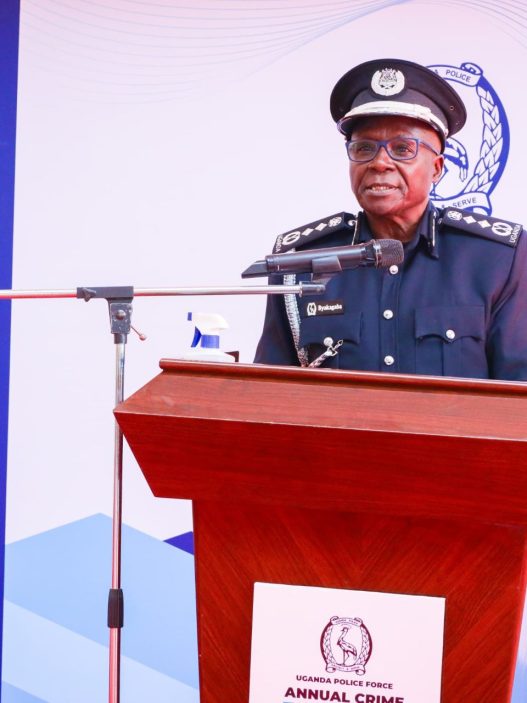The Government of Uganda reaffirmed its commitment to eradicate tuberculosis (TB) and leprosy as Uganda marked World Tuberculosis and Leprosy Day at Nakasongola District RC Primary School. The ceremony, officiated at by the Rt. Hon. Robinah Nabbanja, Prime Minister of Uganda, brought together stakeholders in the Ministry of Health, global health institutions, political leaders, and communities affected by TB and leprosy.
Under the themes “Yes, We Can END TB: Invest, Commit, and Deliver” and “Dedicated to Ending Disability, Stigma, and Discrimination,” the event highlighted Uganda’s ongoing efforts in combating TB and leprosy while addressing the socio-economic factors that contribute to their spread.
According to the Prime Minister, Uganda records approximately 96,000 new TB cases annually, and 263 people are infected every day. Spookily, 20% of the cases go undetected, leading to transmission in the community. Additionally, 27 people die every day due to TB, despite the fact that the disease is preventable, treatable, and curable.
On the leprosy front, Uganda has registered significant progress in controlling it. However, 273 cases were reported in 2024, which means that caution must be exercised for a long while longer. Although leprosy has been eradicated as a public health problem, it still remains dangerous due to the fact that it is airborne.
The Government of Uganda, under the leadership of H.E. President Yoweri Kaguta Museveni, has given health priority among the pillars of the National Development Plan III. The Prime Minister highlighted the importance of the Multi-sectoral Accountability Framework for TB (MAF-TB), which addresses the social determinants of TB such as poverty, overcrowding, undernutrition, alcoholism, and drug use.
Furthermore, the Parish Development Model (PDM) has been referred to as a key program in reaching vulnerable populations at the grassroots level, ensuring that TB and leprosy patients receive the necessary support and treatment.
The Prime Minister emphasised the importance of adopting a healthy lifestyle as a preventive measure against TB. She reiterated President Museveni’s “Healthy Living and Lifestyle” initiative, urging Ugandans to maintain a healthy weight, uphold a healthy lifestyle, seek regular medical checkups, eat a balanced diet, diversify their local food choices, engage in regular exercise, refrain from smoking and substance abuse, and invest in personal health and well-being.
Rt. Hon. Nabbanja appealed to the public to report early for TB and leprosy diagnosis and treatment, assuring Ugandans that Uganda’s health system can treat these conditions. She also reaffirmed the need for community mobilization to bring an end to stigma and discrimination, which continue to hamper recovery and treatment.
In her concluding remarks, the Prime Minister reaffirmed the Government’s strong commitment to the elimination of TB and leprosy and thanked all the stakeholders for their dedication to the cause.

